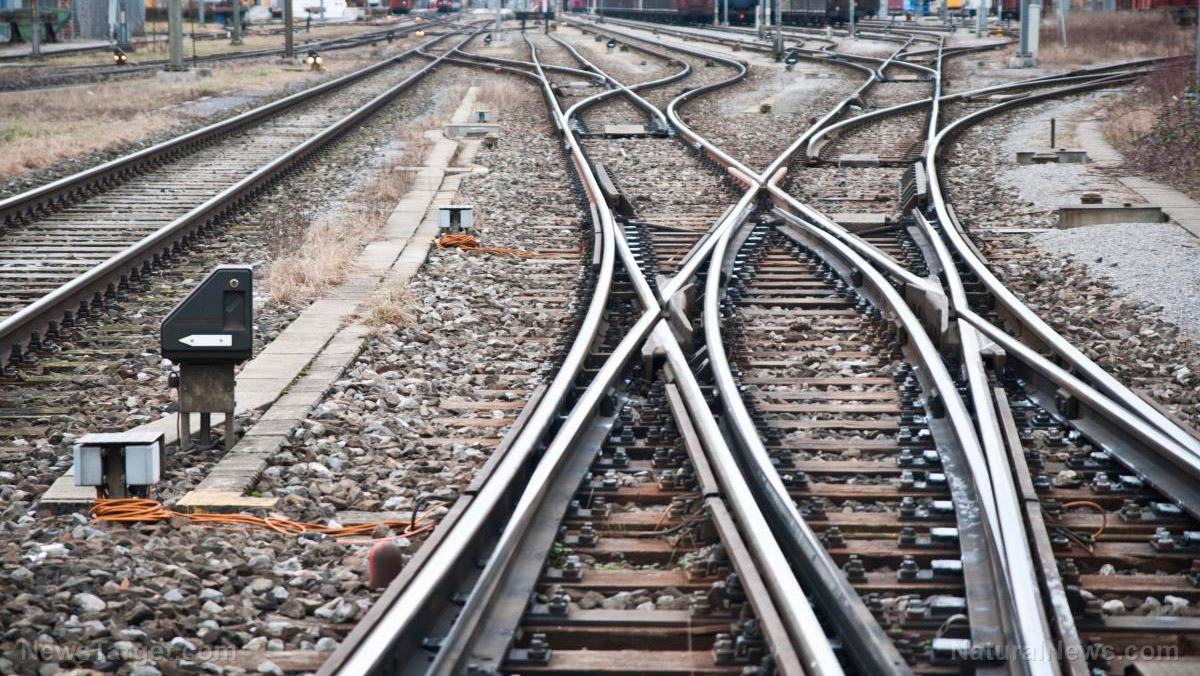Russian government demands responsible parties in U.S. be held accountable for sabotaging Nord Stream pipeline after damning report
The Russian government, which is mired in conflict with its western neighbor Ukraine, is demanding that Biden administration officials and personnel be held responsible for blowing up Moscow's Nord stream natural gas pipelines after award-winning American journalist Seymour Hersh claimed the regime was responsible for it in a lengthy report last week.
The shocking and well-documented new report laid bare the administration’s deep involvement in
sabotaging Russia’s Nordstream 1 and 2 pipelines last fall as Moscow’s forces attempted to push further into Ukraine following an invasion that began in February 2022, nearly a year ago.
Now, Kremlin spokesman Dmitry Peskov says that Hersh's account deserves a lot more attention than it has gotten
and that those responsible must be held accountable.
"The world must find out the truth about who carried out this act of sabotage," he told reporters late last week. "This is a very dangerous precedent: if someone did it once, they can do it again anywhere in the world."
Hersh, who gained recognition for exposing the My Lai Massacre and its cover-up during the Vietnam War,
laid out the plot in a lengthy Substack article earlier this week that included some deep state sources who filled in some blanks for him.
“Last June, the Navy divers, operating under the cover of a widely publicized mid-summer NATO exercise known as BALTOPS 22, planted the remotely triggered explosives that, three months later, destroyed three of the four Nord Stream pipelines, according to a source with direct knowledge of the operational planning,” Hersh reported, adding:
Two of the pipelines, which were known collectively as Nord Stream 1, had been providing Germany and much of Western Europe with cheap Russian natural gas for more than a decade. A second pair of pipelines, called Nord Stream 2, had been built but were not yet operational. Now, with Russian troops massing on the Ukrainian border and the bloodiest war in Europe since 1945 looming, President Joseph Biden saw the pipelines as a vehicle for Vladimir Putin to weaponize natural gas for his political and territorial ambitions.
It wasn’t a decision that came early or lightly. According to Hersh’s sources, it took more than nine months of debate, all of which was highly secretive (and none of which leaked — unlike even the tamest of private conversations President Trump held) within the administration’s national security community about how best to carry out the operation. Hersh reports that for most of the time while the debates were taking place, it wasn’t a matter of
whether to do it but
how to get it done in a way that was covert and did not overtly implicate the responsible party.
Also, specialized Navy divers were chosen for the mission, not members of Special Operations Command, because their ops have to be reported to Congress and briefed to the “Gang of Eight” — the House and Senate leadership. So, the regime was planning its mission with the objective of avoiding leaks as best as possible, which appeared to be a success as planning began in earnest after 2022 began.
In the end, Hersh said the operation was based out of a newly refurbished U.S. submarine base in Norway:
The Norwegian navy was quick to find the right spot, in the shallow waters of the Baltic sea a few miles off Denmark’s Bornholm Island. The pipelines ran more than a mile apart along a seafloor that was only 260 feet deep. That would be well within the range of the divers, who, operating from a Norwegian Alta class mine hunter, would dive with a mixture of oxygen, nitrogen and helium streaming from their tanks, and plant shaped C4 charges on the four pipelines with concrete protective covers. It would be tedious, time consuming and dangerous work, but the waters off Bornholm had another advantage: there were no major tidal currents, which would have made the task of diving much more difficult.
“After a bit of research, the Americans were all in,” Hersh wrote.
Months later, according to Hersh, a Norwegian surveillance plane dropped a sonobuoy with a transmitter to the surface of the water. Once activated, the sonobuoy began transmitting low-frequency tonal sounds to the C4 charges,
thereby detonating them.
Sources include:
DailyMail.co.uk
SeymourHersh.Substack.com
 Parler
Parler Gab
Gab










